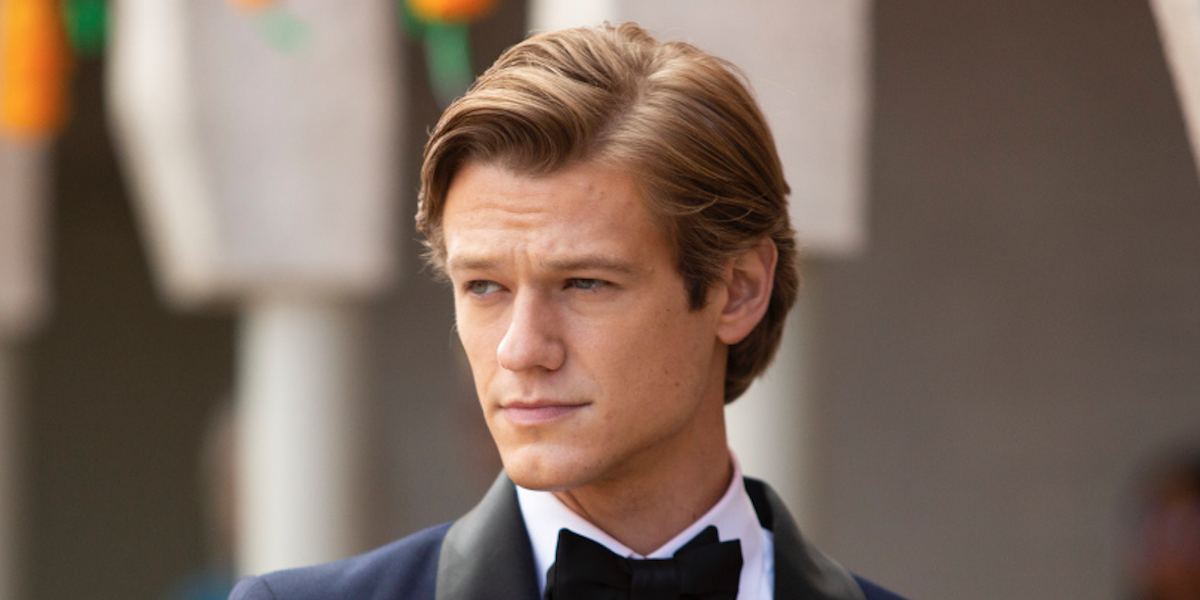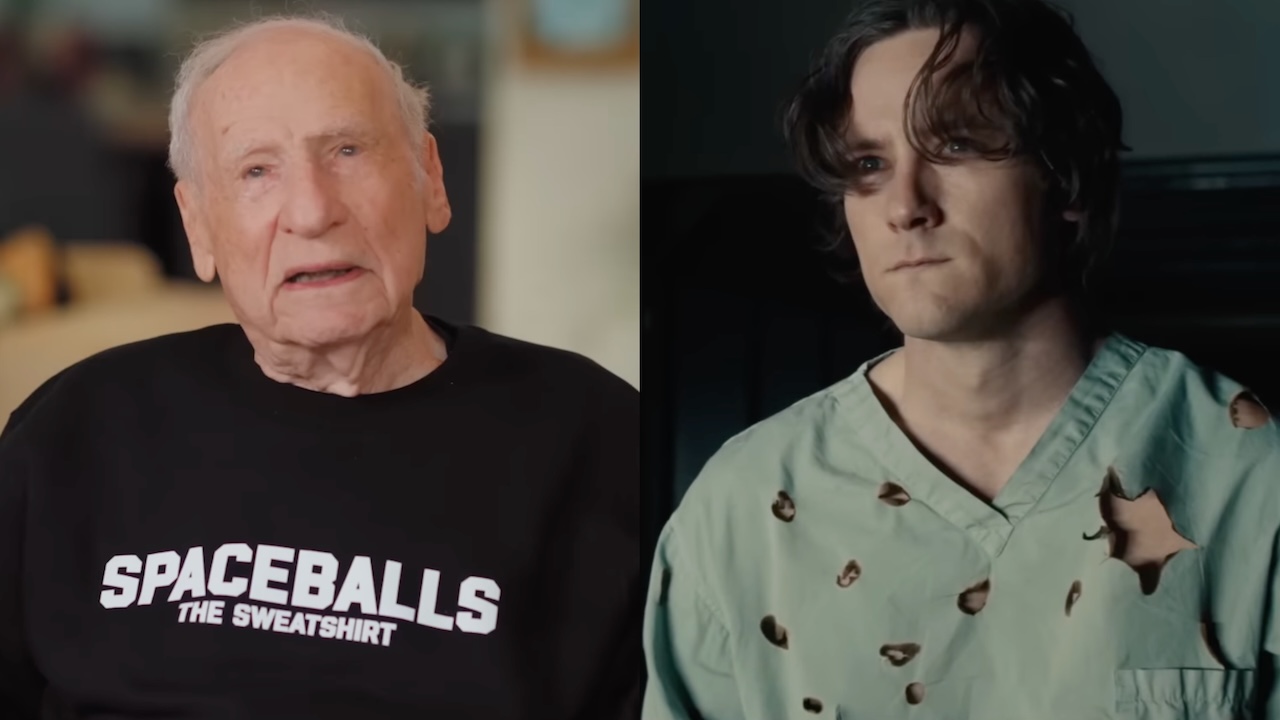CBS Claps Back In Lawsuit Over MacGyver And The Difference Between A Spinoff And A Sequel

Even though Lucas Till's MacGyver was recently hit with some of the lowest viewership data and demo ratings of its five seasons so far, the CBS drama is still a pretty successful Friday night entry by any definition. No doubt CBS execs are hoping for a similar brand of success when it comes to the ongoing court case surrounding the MacGyver lawsuit that was filed back in 2018. The network's confidence definitely showed in its most recent filing, in which the defendants clapped back against the plaintiffs' views on spinoffs and reboots.
The original lawsuit, filed by Hanzer Holdings and Arlita Inc., essentially states that that plaintiffs are owed money from the most recent MacGyver TV series, which debuted in 2016. According to the dual plaintiffs, they are entitled to reimbursement payments due to a deal made for the original series with Major Talent Agency, which was the packaging entity responsible for the original Richard Dean Anderson series, which aired from 1985-1992. According to Deadline, the lawsuit states that a commission agreement within the original pact covered additional projects that were produced in connection to the original project's agreement.
To put it more plainly, Hanzer Holdings and Arlita Inc. are pushing the assertion that CBS' current MacGyver series is indeed a spinoff series, thus tethering it to the original series and the agreement with CBS Studios (then Paramount Television). The lawsuit claims that whenever the network first announced the new MacGyver, the project was dubbed at the time as a "reboot," a "remake" and a "spinoff" by CBS and others. Further, the suit argues that Lucas Till's take on MacGyver is indeed a spinoff, which is where the network is planting its semantical feet down.
Here's a particularly strong section of the lawsuit that hones in on why CBS' legal team views Hanser and Arlita's lawsuit as deficient.
Most fundamentally, their contract claims fail because neither CBS Studios nor its predecessor in interest, Paramount, has ever had any contractual relationship with either plaintiff. Paramount/CBS never had any contractual relationship with Hanzer Holdings, and never even heard of plaintiff Arlita, Inc. until it filed this lawsuit. Second, even assuming arguendo that such a contractual relationship existed (it never did), they premise their entire case on an allegation that the 2016 MacGyver remake is somehow a ‘spinoff’ under a written contract which does not even apply to remakes. Odder still, Plaintiffs were unable to state in deposition which version of the agreement they claim applies here and, to this very minute, they do not know. Finally, even assuming a contractual relationship which would apply to the Remake, Plaintiffs admittedly were and are unable to perform, making it impossible for them to meet an essential element of their claim performance. Plaintiffs have resisted discovery at every turn for a very simple reason – their allegations are belied by the evidence.
The language used there is far more technical than what normally precedes a mic drop, but that's still what the vibe was from the motion that CBS filed. Granted, just because those claims were made in a legal doc doesn't mean they'll be considered 100% accurate by a judge and/or jury, if it comes to that. At this point, the trial date is set for June 7, so there's not much time left for both parties to come to some for of agreement/settlement before things get a lot more expensive in the courtroom.
It certainly seems like a strange argument to say that the 2016 version of MacGyver is a spinoff of the original series when Lucas Till is playing the exact same character that Richard Dean Anderson portrayed in the original drama. There were some early talks about Anderson having some role in the reboot as a spiritual passing of the torch, but presumably not in a way that made it seem like the original series was canonical to the new MacGyver's fictional universe. That said, there are projects out there such as Peacock's upcoming Battlestar Galactica return that are noted to be remakes that still tie into the original lore, so I guess few things are so simple in the entertainment industry.
Between the lawsuit's filing back in 2018 and now, MacGyver went through another controversial situation regarding its creator and former showrunner Peter Lenkov, who was fired in July 2020 over allegations about abusive behind-the-scenes behavior in regards to the cast and crew. (Lucas Till was particularly affected by Lenkov's actions over the years.) And that's not to mention the variety of other behavioral issues that have plagued the network and its execs in recent years
Your Daily Blend of Entertainment News
Given how long it usually takes for legal motions to be formed and filed, we might not hear anything else about this case before the trial date arrives. But until then, don't forget to peep out new episodes of MacGyver every Friday night on CBS at 8:00 p.m. ET.

Nick is a Cajun Country native and an Assistant Managing Editor with a focus on TV and features. His humble origin story with CinemaBlend began all the way back in the pre-streaming era, circa 2009, as a freelancing DVD reviewer and TV recapper. Nick leapfrogged over to the small screen to cover more and more television news and interviews, eventually taking over the section for the current era and covering topics like Yellowstone, The Walking Dead and horror. Born in Louisiana and currently living in Texas — Who Dat Nation over America’s Team all day, all night — Nick spent several years in the hospitality industry, and also worked as a 911 operator. If you ever happened to hear his music or read his comics/short stories, you have his sympathy.
